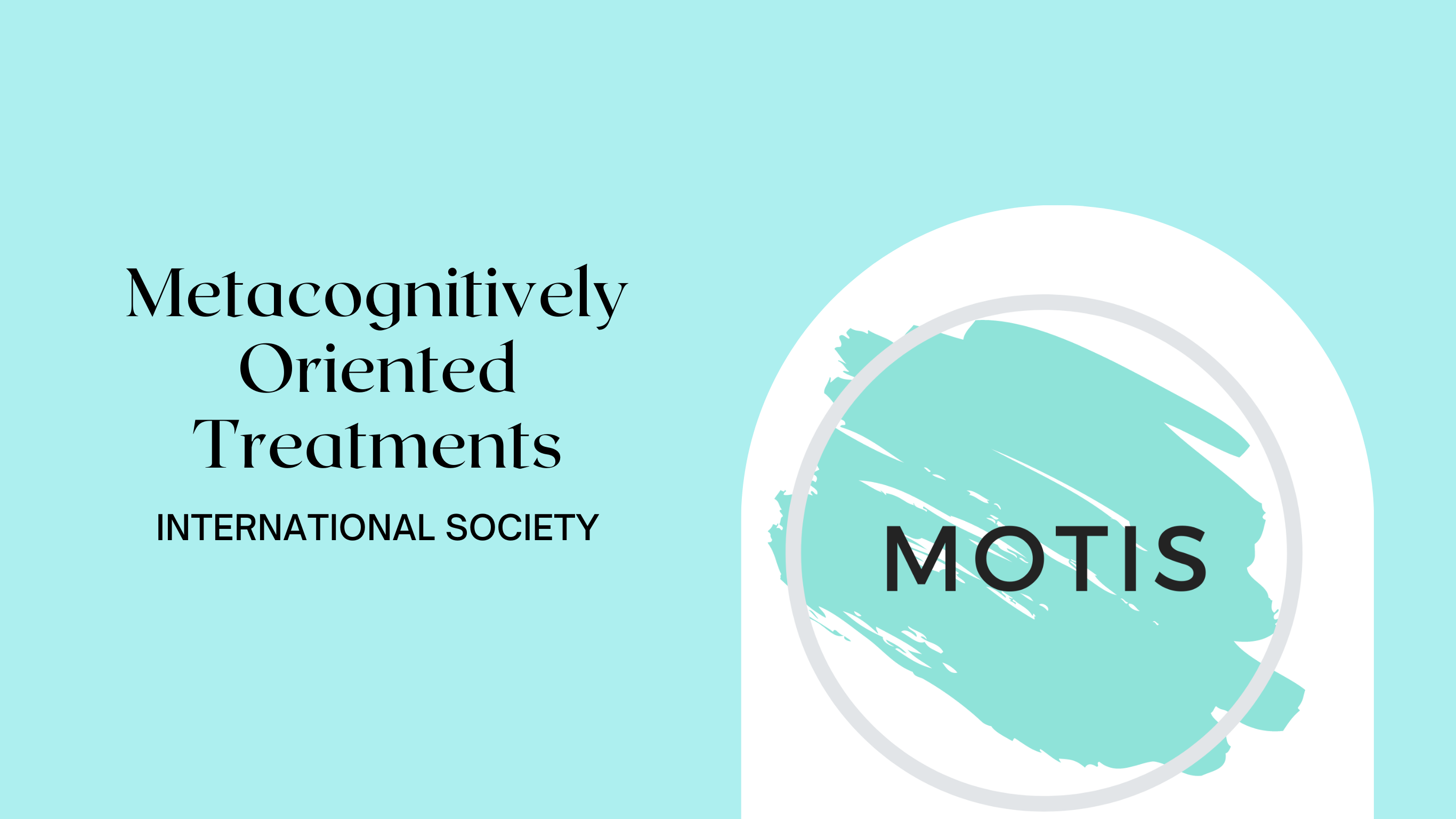In the last few years a few attempts have been made to integrate specific forms of Metacognitively Oriented Psychotherapy (MOP) with different approaches. For example, Metacognitive Reflection and Insight Therapy (MERIT) has been tested together with psychoeducation or Metacognive Interpersonal Therapy (MIT) (Cheli, 2022; Igra et al., 2021), The latter has been also applied as a modular intervention together with Mentalization Based Treatment or Dynamic Relational Therapy (Cheli et al., 2022; Simonsen et al., 2022).
Specific integrative protocols are reported in the section below.
Evolutionary Systems Therapy for Schizotypy
Evolutionary Systems Therapy for Schizotypy (ESTS) is an integrative therapy that has been specifically designed to support those with schizotypal traits (Cheli, 2023). It is based on an evolutionary conceptualization of presenting traits of the patient and targets—through narrative and experiential techniques— the ability to mentalize one’s own and other’s mental states (i.e. metacognition) as well as the ability sooth one’s own suffering (i.e. self-soothing). The focus of these two transdiagnostic processes (metacognition and self-soothing) allows a intervention tailored to patient’s characteristics and their own subjective definition of recovery. ESTS integrates an evolutionary conceptualization together with Compassion Focused Therapy (CFT) and two specific MOPs, namely MERIT and MIT. It has been tested in a pilot randomized controlled trial, and in a few cases series (Cheli et al., 2023; Cheli, Chiarello & Cavalletti, 2022).
ESTS comprises four modules (sharing; subjective systems; intersubjective systems; consolidation) aimed at enhancing personal and interpersonal mind-body experiences. The first ESTS module aims to share with the patient an evolutionary conceptualization and promote a working alliance. The patient’s life history is explored to determine if early temperament and personality were characterized by openness and introversion, and how these traits may have incurred in a perceived normative and competitive environment (e.g., family/pairs being judgmental about creative or unusual thoughts). Consequently, the patient may have experienced critical beliefs about self and others leading to a defensive stance in the form of psychoticism and detachment (e.g., rigid oddity and social withdrawal). In the second and third module, change is promoted by exploring and widening the self-to-self and self-to-other relationships, respectively. The narrative and relational techniques of MOP are constantly integrated with CFT experiential techniques to promote metacognition and social safeness in the therapeutic relationship and then in other interpersonal contexts. The last module aims at consolidating changes achieved and preventing relapses.
More information at https://www.simonecheli.com/
References
Cheli, S. (2020). Assessment and treatment planning for schizotypal personality disorder: A metacognitively oriented point of view. Psychiatric Rehabilitation Journal, 43(4), 335–343. https://doi.org/10.1037/prj0000429
Cheli, S. (2023). An evolutionary look at oddity and schizotypy: How the rise of social brain informs clinical practice. New Ideas in Psychology, 68. Advance online publication. https://doi.org/10.1016/j.newideapsych.2022.100993
Cheli, S., Cavalletti, V., Flett, G. L., & Hewitt, P. L. (2022). Perfectionism unbound: An integrated individual and group intervention for those hiding imperfections. Journal of clinical psychology, 78(8), 1624–1636. https://doi.org/10.1002/jclp.23365
Cheli, S., Cavalletti, V., Lysaker, P. H., Dimaggio, D., Petrocchi, N., Chiarello, F., Enzo, C., Velicogna, F., Mancini, F., & Goldzweig, G. (2023). A pilot randomized controlled trial comparing a novel compassion and metacognition approach for schizotypal personality disorder with a combination of cognitive therapy and psychopharmacological treatment. BMC Psychiatry, In Press.
Cheli, S., Chiarello, F., & Cavalletti, V. (2022). A psychotherapy oriented by compassion and metacognition for schizoid personality disorder: A two cases series. Journal of Contemporary Psychotherapy, Advance Online Publication. https://doi.org/10.1007/s10879-022-09566-3
Igra, L., Roe, D., Lavi-Rotenberg, A., Lysaker, P. H., & Hasson-Ohayon, I. (2021). “Making sense of my diagnosis”: Assimilating psychoeducation into metacognitive psychotherapy for individuals with schizophrenia. Journal of Psychotherapy Integration, 31(3), 277–290. https://doi.org/10.1037/int0000207
Simonsen, S., Popolo, R., Juul, S., Frandsen, F. W., Sørensen, P., & Dimaggio, G. (2022). Treating Avoidant Personality Disorder With Combined Individual Metacognitive Interpersonal Therapy and Group Mentalization-Based Treatment: A Pilot Study. The Journal of nervous and mental disease, 210(3), 163–171. https://doi.org/10.1097/NMD.0000000000001432
